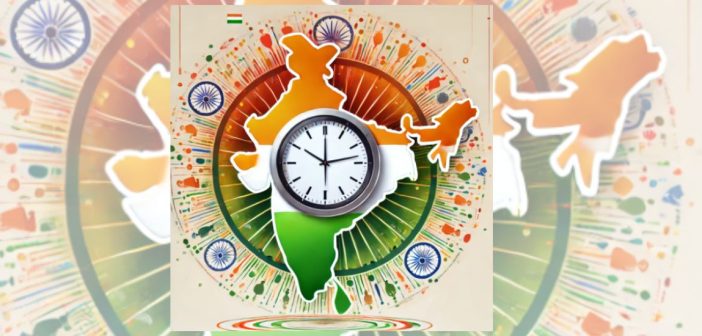India has taken a decisive step toward asserting time sovereignty and digital independence with a new initiative aimed at unifying timekeeping across all sectors under a single, precise, and legally enforceable Indian Standard Time (IST). At a landmark Round Table Conference on Time Dissemination held in New Delhi, Union Minister Pralhad Joshi announced that the forthcoming Legal Metrology (Indian Standard Time) Rules, 2025, will require all legal, administrative, and commercial activities to synchronize with IST, disallowing alternative references unless formally authorized.
The initiative, spearheaded by the Department of Consumer Affairs in collaboration with CSIR-NPL and ISRO, will establish five Regional Reference Standard Laboratories in Ahmedabad, Bengaluru, Bhubaneswar, Faridabad, and Guwahati. Each center will be equipped with atomic clocks and secure synchronization protocols including Network Time Protocol and Precision Time Protocol, ensuring millisecond to microsecond-level accuracy nationwide. Officials emphasized that this advanced infrastructure will be crucial for maintaining fairness and security across sectors such as banking, telecom, stock exchanges, transportation, and power grids.
Secretary Nidhi Khare underlined that foreign time sources—commonly relied upon for digital transactions and infrastructure coordination—present risks including spoofing and jamming. With the new legal framework, India aims to reduce this dependency and instead implement traceable and verifiable time dissemination rooted in indigenous capabilities. The goal is to foster a trusted digital environment where operations from energy billing to stock trades and transportation schedules are aligned with a secure national time reference.
The initiative has garnered wide-ranging institutional backing. Over 100 stakeholders attended the conference, including officials from ministries, regulators like SEBI, the Central Bank of India, major telecom and internet providers, exchanges such as NSE and BSE, cybersecurity experts, public utilities, and industry associations like FICCI, CII, and COAI. The consensus was clear: implementing synchronized IST nationwide will bolster accuracy, operational integrity, and national digital resilience.
With the notification of the Legal Metrology (IST) Rules expected soon, India is set to join the ranks of nations that assert their own time infrastructure for strategic, economic, and cybersecurity advantages. For citizens, the shift promises more secure digital services, accurate metering, and a standardized experience across platforms—delivering on the vision of “One Nation, One Time.”






